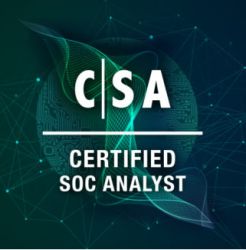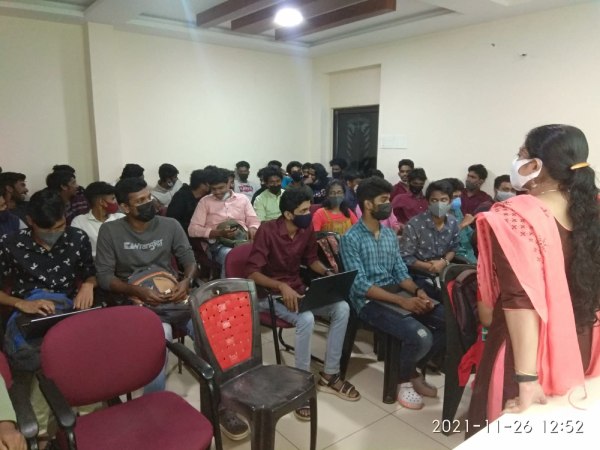SOC Analyst Training by Experts
Our Training Process

SOC Analyst - Syllabus, Fees & Duration
Introduction to Cybersecurity
- Basics of cybersecurity
- Common cyber threats and attack vectors
Networking Fundamentals:
- Understanding TCP/IP
- Network protocols
- Firewalls, routers, and switches
Operating Systems
- In-depth knowledge of Windows, Linux, and possibly macOS
- File systems and permissions
Security Technologies
- Antivirus and anti-malware solutions
- Intrusion detection/prevention systems (IDS/IPS)
- Security information and event management (SIEM) systems
Incident Response
- Incident detection and analysis
- Incident classification and escalation
- Incident documentation and reporting
Threat Intelligence:
- Understanding threat intelligence
- Integrating threat intelligence into daily operations
Security Monitoring:
- Log analysis
- Network traffic analysis
- Endpoint security monitoring
Vulnerability Management
'- Identifying and prioritizing vulnerabilities
- Patch management
Security Policies and Compliance
- Understanding security policies and procedures
- Compliance standards and regulations
Hands-on Labs and Simulations
- Practical exercises & simulations for real scenarios
- Use of cybersecurity tools in a controlled environment
Soft Skills
- Communication and collaboration
- Analytical thinking and problem-solving
This syllabus is not final and can be customized as per needs/updates





 Security Reporting:Generate and present regular reports on the organization's security posture to management and relevant stakeholders. Additionally, ongoing professional development is often recommended to keep SOC analysts updated on the latest threats and technologies. Industry-recognized certifications, such as CompTIA Security+, Certified Information Systems Security Professional (CISSP), or Certified Ethical Hacker (CEH), may also be part of the training or pursued separately. . Configure and manage security infrastructure to protect against unauthorized access. Security Awareness Training:Educate employees on security best practices and conduct training sessions to raise awareness about potential cyber threats. Prioritize and address vulnerabilities to reduce the risk of exploitation. Develop and implement incident response plans to minimize damage and prevent future incidents.
What does a cyber security analysts do?
A cybersecurity analyst is a professional responsible for protecting an organization's computer systems and networks from security breaches and cyber threats. Threat Intelligence Analysis:Stay informed about current cyber threats and trends.
Security Reporting:Generate and present regular reports on the organization's security posture to management and relevant stakeholders. Additionally, ongoing professional development is often recommended to keep SOC analysts updated on the latest threats and technologies. Industry-recognized certifications, such as CompTIA Security+, Certified Information Systems Security Professional (CISSP), or Certified Ethical Hacker (CEH), may also be part of the training or pursued separately. . Configure and manage security infrastructure to protect against unauthorized access. Security Awareness Training:Educate employees on security best practices and conduct training sessions to raise awareness about potential cyber threats. Prioritize and address vulnerabilities to reduce the risk of exploitation. Develop and implement incident response plans to minimize damage and prevent future incidents.
What does a cyber security analysts do?
A cybersecurity analyst is a professional responsible for protecting an organization's computer systems and networks from security breaches and cyber threats. Threat Intelligence Analysis:Stay informed about current cyber threats and trends.



















































































